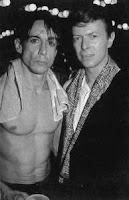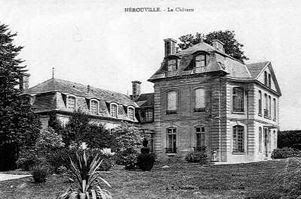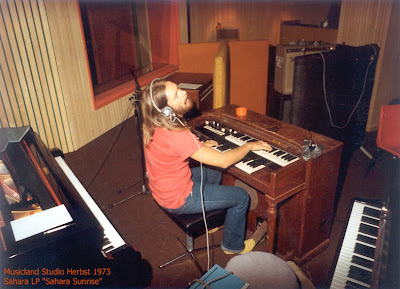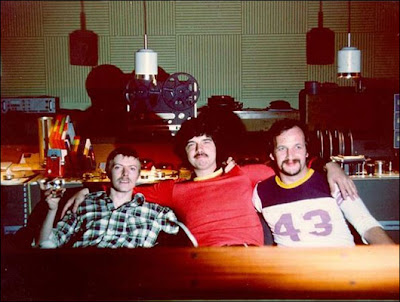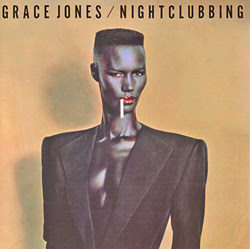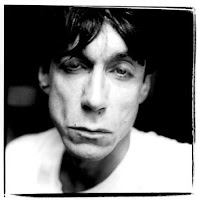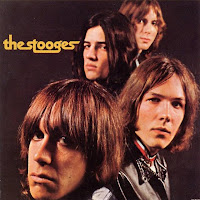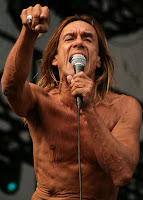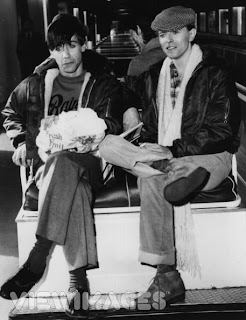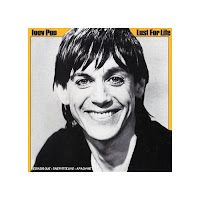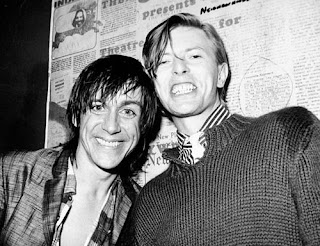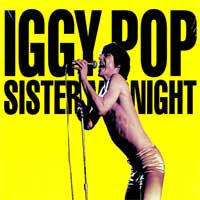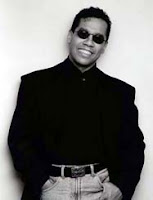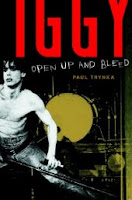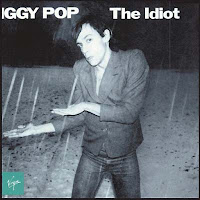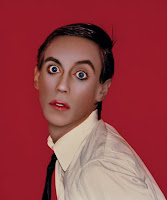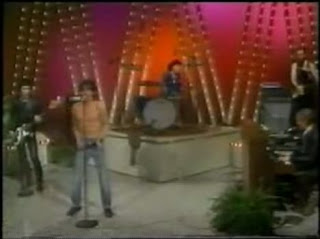
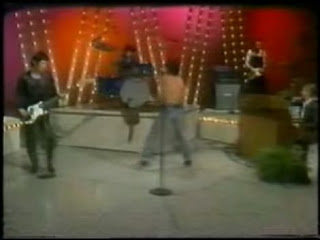
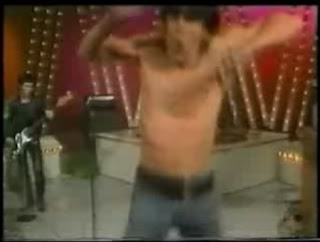
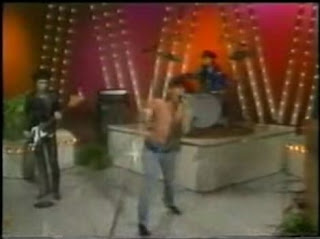
After "The Idiot" album was released, Pop and Bowie put together an incredible live band to tour in support this unique record. The rhythm section was made up of Hunt and Tony Sales, who Iggy knew from his collaborations with Ray Manzerek (of the Doors) back in LA. Its a bit of a distraction to bring up Hunt and Tony Sales when discussing the recording of "Funtime" because they did not play on the recording. However, I always think of them when hearing this song because I can see them rowdily barking "FUN!" in the vocal breaks.
Iggy and his new live band performed Funtime (and Sister Midnight) on the Dinah Shore show on April 15th, 1977. The above stills are from the performance of "Funtime". Here you can watch the actual performance and interview in B & W.
Back to the album recording. ..
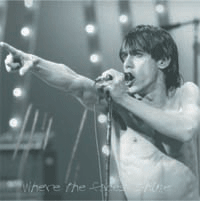 As we have seen and will continue to see, "The Idiot" draws from a multitude of varied inspirations. Of "Funtime", Iggy said, "But [Bowie] had good ideas. The best example I can give you was when I was working on the lyrics to 'Funtime' and he said, 'Yeah, the words are good. But don't sing it like a rock guy. Sing it like Mae West.' Also, it was a little bit gay. The vocals there became more menacing as a result of that suggestion."
As we have seen and will continue to see, "The Idiot" draws from a multitude of varied inspirations. Of "Funtime", Iggy said, "But [Bowie] had good ideas. The best example I can give you was when I was working on the lyrics to 'Funtime' and he said, 'Yeah, the words are good. But don't sing it like a rock guy. Sing it like Mae West.' Also, it was a little bit gay. The vocals there became more menacing as a result of that suggestion."The opening gives us some eerie ambient feedback, a cough and giggling. The cough betrays what could be the ambiance processing on the drums or other instrument(s). Almost immediately, the listener is greeted by a zombie-like, dissonant chorus: "All aboard for funtime". Watching and listening to the above live version of "Funtime" illuminates a stark difference between the live version and the album version. We notice that on the album version, this chorus is sung in monotone while the live version has a melody.
The guitar on the first bridge starts with an off-note, but its kept as it is part of the dissonant mood. During the bridges where the singers are whipping themselves into a frenzy, singing, "Ooooo, we're having fun!" and "whhhoooooooooh c'mon!" the listener feels helpless as if he/she is strapped into some kind of horror show carousel that is careening out of control. This final part brings many screams swelling with a slow rise and fast decay which intensifies this wild, spinning effect.
This out of control feeling and ever present dissonance on this song makes the listener feel that something very UN-fun is actually happening and this is the main thrust of "Funtime". The juxtaposition of "Fun" and "Funtime" with the aggressive subject matter, monster references, leering sexual content and terrifying soundscape leaves the listener not with feelings of irony but unease. To the performers, with their depraved nervous systems, this song is all about genuine "funtime" with no irony intended. Its a glimpse into a world you could never join nor hope to understand.
Funtime Fetish ... my point exactly.
